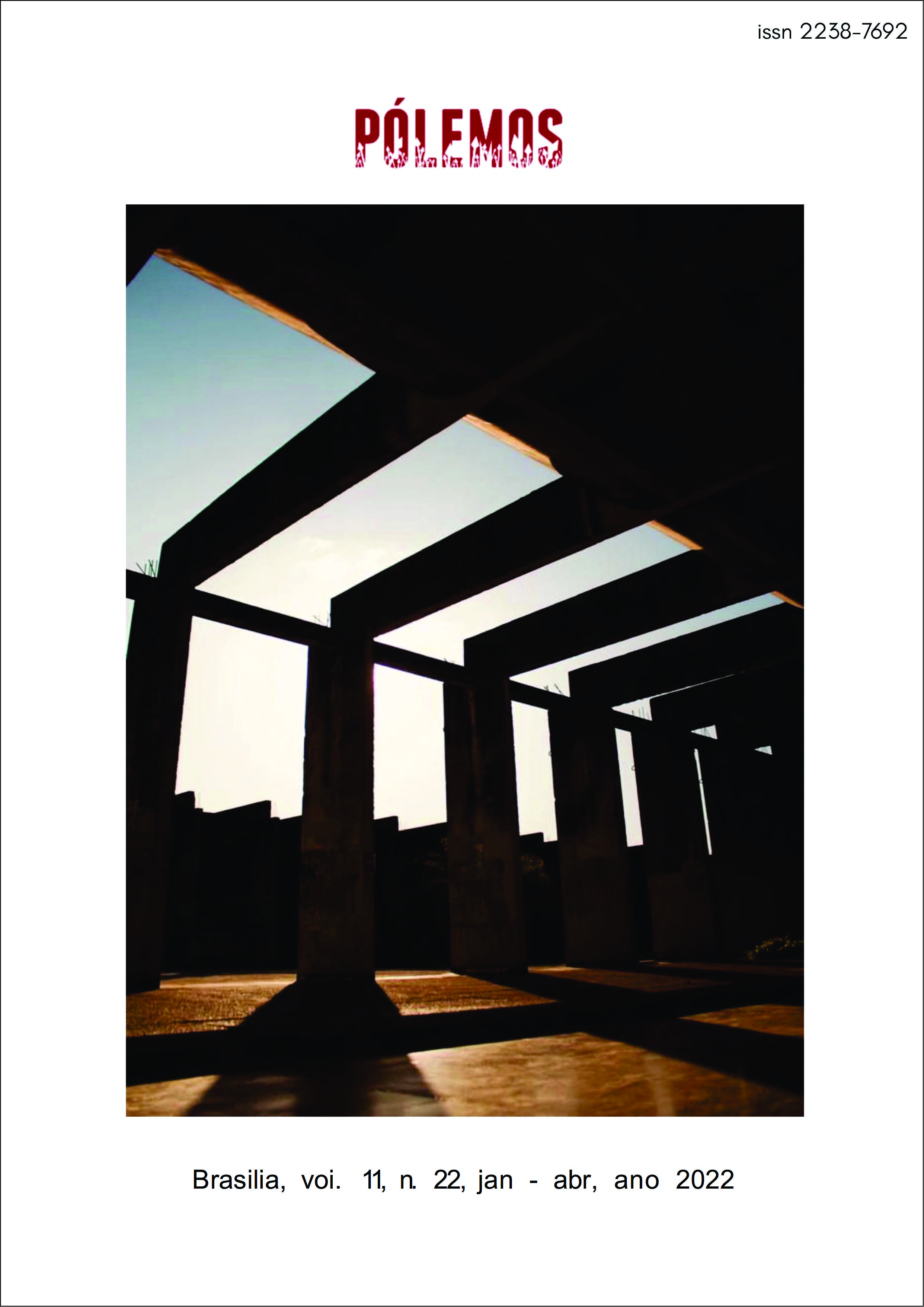WHAT ARE THE NATURAL KINDS?
a comparison between the essentialist and functionalist views about natural kinds
DOI:
https://doi.org/10.26512/pl.v11i22.42027Keywords:
Naturalism. Natural kinds. Scientific Methodology. Projectibility. Cluster Homeostatic Property.Abstract
Naturalism refers to a methodological attitude that seeks to understand phenomena from different human areas from a perspective that takes the natural world as the basic unit of reality. “Natural world”, however, is a very broad expression and whose apparent obviousness can blur some difficult definitions as the definition of what is a natural kind. In this paper, I present two possibilities for understanding natural kinds: The first – essentialist – postulates that natural kinds are objective and independent entities that can be captured by our best scientific studies. The second interpretation – functionalist – assumes that natural kinds are the result of observations and experiments in the natural world, but it recognizes that these kinds are substantially related to categorization and organization exercises carried out within a theory and that makes it successful. Due to its greater malleability, the functionalist theory seems more appropriate to deal with kinds studied in different natural sciences.
Downloads
References
BOYD, Richard. Kinds, Complexity and Multiple Realization: Comments on Millikan’s Historical Kinds and the Special Species. Philosophical Studies: An International Journal for Philosophy in the Analytic Tradition, vol. 95, n. 1/2, p. 67–98, 1999. DOI: http://dx.doi.org/10.1023/A:1004511407133.
BOYD, Richard. Finite Beings, Finite Goods: The Semantics, Metaphysics and Ethics of Naturalist Consequentialism. Part I. In: Philosophy and Phenomenological Research, vol. LXVI, n. 03, p. 505-553, maio/2003. DOI: http://dx.doi.org/10.1111/j.1933-1592.2003.tb00278.x.
BOYD, Richard. How to be a Moral Realist? In: SAYRE-McCord, G. Essays on Moral Realism. New York: Cornell University Press, 1988, p. 105-135.
BOYD, Richard. Kinds as the workmanship of men: realism, constructivism, and natural kinds. In: NIDA-RÜMELIN, J. and MEGGLE, G (orgs.). Rationality, Realism, Revision: Proceedings of the 3rd International Congress of the Society for Analytical Philosophy. Berlim: De Gruyter, 2000, p. 52-89.
GOODMAN, Nelson. Facts, Fiction, and Forecast. 4ª ed. Cambridge: Harvard University Press, 1983.
KRIPKE, Saul. Naming and Necessity. 5ª ed., Oxford: Blackwell Publishers, 1990.
PUTNAM, Hillary. Mind, Language and Reality. Cambridge: Cambridge University Press, 2003.
QUINE, Willard Van Orman. Natural Kinds. In: Ontological Relativity and Other Essays. Columbia University Press, 1969.
Downloads
Published
How to Cite
Issue
Section
License
Copyright (c) 2022 PÓLEMOS – Revista de Estudantes de Filosofia da Universidade de Brasília

This work is licensed under a Creative Commons Attribution-NonCommercial-NoDerivatives 4.0 International License.
Todos os trabalhos que forem aceitos para publicação, após o devido processo avaliativo, serão publicados sob uma licença Creative Commons, na modalidade Attribution-NonCommercial-NoDerivatives 4.0 International Public License (CC BY-NC-ND 4.0). Esta licença permite que qualquer pessoa copie e distribua a obra total e derivadas criadas a partir dela, desde que seja dado crédito (atribuição) ao autor / Ã autora / aos autores / às autoras.


